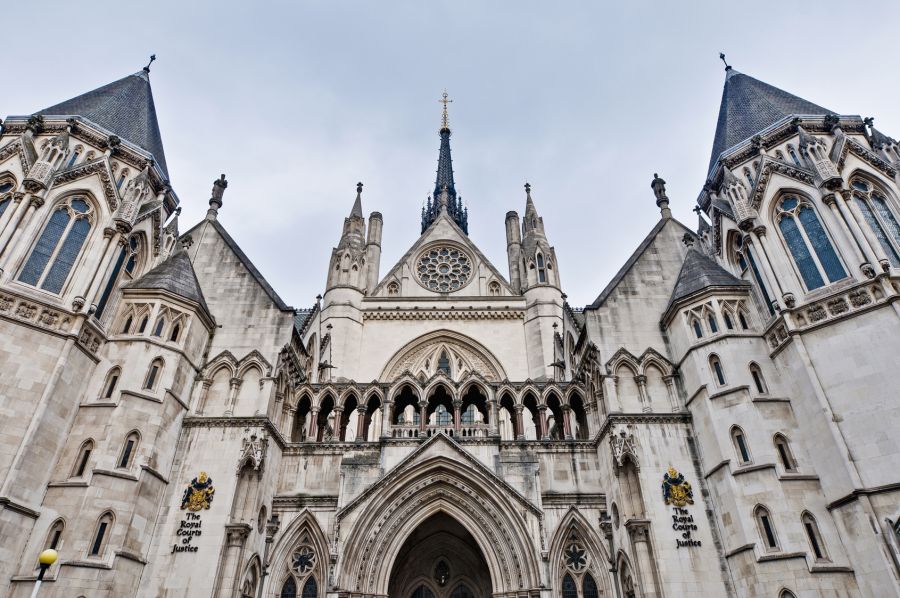Latest News

Latest News
Call us today for a free initial consultation on 0800 772 0341
Limits on Employers and reasonableness of the dismissal
Published 04 September 2017


In misconduct cases, a dismissal is fair if the employer believed the employee to be guilty of the misconduct in question; had reasonable grounds for that belief; and carried out a reasonable investigation. In Moncrieffe v London Underground Ltd (1), the Employment Appeal Tribunal (2) (EAT) held that there is a limit to what can be expected of employers in terms of the investigation as in the gathering of the evidence and interviewing witnesses.
Facts of the Case
A London Underground cleaner on the Metropolitan line tube train, Mr Disu, told a colleague, Mr Grant, that he had found a wallet in the driver’s compartment of a train that had been “stabled” in siding 34 at Rickmansworth either late on 20 June 2014 or early on the morning of 21 June. As he had been in the vicinity of the siding, Mr Grant asked Mr Moncrieffe if he had lost his wallet to which he initially said no but then later changed his mind and said that the wallet was his.
At the same time, however, another train driver, Mr Simmonds, reported that he had lost his wallet to the Rickmansworth Duty Train Staff Manager very early on 21 June. The following day Mr Simmonds also told to Mr Disu that he had lost his wallet, where he explained that he had found one but that he had given it to Mr Grant.
Following an investigation Mr Moncrieffe at his interview was unable to account for the series of events leading up to the point where he claimed the wallet, he was charged with “knowingly and fraudulently claim[ing] that a wallet found on train no. 21076 stabled in 34 Road at Rickmansworth sidings was his property”.
A disciplinary hearing was held on the 25 November 2014, the disciplinary panel concluded that he could not have boarded the train on siding 34 and could not therefore have left his wallet there. He was summarily dismissed. He was also tried for theft at the magistrates’ court but was acquitted of the charges against him.
Employment Tribunal decision
The employment tribunal rejected his unfair dismissal claim (3), saying that London Underground had reasonable grounds for believing that the wallet belonged to Mr Simmonds. There had been a reasonable investigation following a fair procedure and dismissal was a sanction within the reasonable band of responses. They concluded that dismissal was therefore fair.
Mr Moncrieffe appealed this decision to the EAT on the basis that because of the serious allegations with grave consequences for an employee they required clear evidence before it was reasonable to find them guilty. In particular, London Underground had failed to interview a manager, Mr Harding; and failed to interview Mr Simmonds in depth and as such the investigation was not reasonable in the circumstances and should have been more extensive.
EAT decision
The EAT agreed that it was incumbent on employment tribunals (4) to look carefully at the investigation to ascertain whether it was reasonable in the circumstances. The test was the same, whether the person is a train driver or someone who is professionally qualified. However, despite the grave consequences for Mr Moncrieffe, it was not reasonable to expect Mr McNaught to ask Mr Simmonds further questions; nor was it reasonable to expect him to interview Mr Harding whose evidence could only place Mr Moncrieffe in the vicinity of the train.
Whilst expressing sympathy for Mr Moncrieffe, a man with 14 years’ service and an unblemished record, the EAT rejected his appeal on the basis that there is a limit as to what can reasonably be expected of an employer when gathering evidence and interviewing witnesses and the Tribunal had not been wrong to conclude that there had been a reasonable investigation.
Observation
The EAT did, however, comment on the principle set out in cases A v B (5) and Salford Royal NHS Foundation Trust v Roldan (6), that the gravity of the consequences for the employee have to be taken into account when assessing the reasonableness of an investigation.
A finding of gross misconduct is a serious impediment to any employee’s future career and the investigative burden placed on employers is thus a heavy one.
It is also worth noting that the Appeal Judge suggested that there is no higher standard of investigation required in cases where there is likely to be a serious professional disadvantage caused by a dismissal, contradicting earlier case law on this point.
References
- Moncrieffe v London Underground Ltd UKEAT/0235/16/DA [Internet]. [cited 2017 Aug 29]. Available from: https://www.employmentcasesupdate.co.uk/site.aspx?i=ed35185
- Employment Appeal Tribunal - GOV.UK [Internet]. Available from: https://www.gov.uk/courts-tribunals/employment-appeal-tribunal
- Frequently Asked Questions [Internet]. Castle Associates Ltd. Available from:
- Employment Tribunal - GOV.UK [Internet]. Available from: https://www.gov.uk/courts-tribunals/employment-tribunal
- THE HONOURABLE MR JUSTICE ELIAS MR C EDWARDS MR A E R MANNERS. A v. B [2002] UKEAT 1167_01_1411 [Internet]. 2002 [cited 2017 Aug 29]. Available from: http://www.bailii.org/uk/cases/UKEAT/2002/1167_01_1411.html
- Salford Royal NHS Foundation Trust v Roldan [2010] EWCA Civ 522 [Internet]. [cited 2017 Aug 29]. Available from: https://www.employmentcasesupdate.co.uk/site.aspx?i=ed4764
A reputation built on success
If you're facing any of the issues in this article - or need guidance on disciplinary, grievance, or redundancy matters - call us today. Our expert Trade Union Representatives are available to represent you in crucial workplace meetings, with pay as you need support.